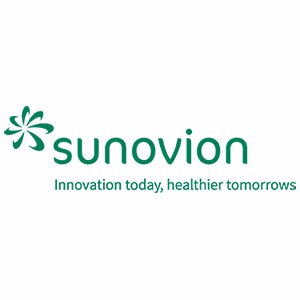FDA rejects Sunovion's nebulised COPD drug

The US regulator has rejected Sunovion’s nebulised therapy for chronic obstructive pulmonary disease (COPD), leaving the company struggling to stay ahead of rivals.
Late on Friday the Massachusetts-based biotech, owned by Sumitomo Dainippon, said the FDA had issued a dreaded Complete Response Letter for SUN-101, or glycopyrrolate.
The company had filed for its use as a long-term maintenance therapy of airflow obstruction in COPD, including bronchitis and/or emphysema.
In the response Sunovion said the rejection does not require it to conduct any additional clinical studies, suggesting a possible manufacturing issue, or an administrative problem.
But Sunovion gave no further details of the cause of rejection, saying it will “work with the FDA to determine an appropriate path forward”.
Nebulisers offer an easier way for patients with respiratory diseases to take their medicines, and do not require them to learn a breathing technique, as with an an inhaler.
Sunovion hopes the twice-daily drug will become the first nebulised long-acting muscarinic antagonist for COPD, based on phase 3 data.
But the company has competition from Theravance and Mylan. The companies are collaborating on a rival nebulised LAMA, revefenacin, and are planning a filing later this year. Only last week Theravance and Mylan reported new phase 3 efficacy and safety data.
The data showed “statistically significant and clinically meaningful” improvements in forced expiratory volume in one second (FEV1) and trough FEV1 after 12 weeks, and for both 88mcg and 175mcg daily doses.
Safety-wise revefenacin had comparable rates of adverse events to placebo, low rates of serious adverse events, and no clinically meaningful differences in blood parameters or electrocardiogram (ECG) data, across all treatment groups (active and placebo).
The most commonly reported adverse events, across both trials and across all treatment groups, were exacerbations, cough, dyspnea and headache.
There were no reports of blurred vision, narrow-angle glaucoma or worsening of urinary retention, although dry mouth was reported in fewer than 5% of patients in the revefenacin.
If approved, patients may well find a daily dosing regimen more convenient – giving Mylan and Therevance an advantage over Sunovion.
And as it’s still unclear why the FDA rejected Sunovion’s drug, and how long its launch will be delayed even if it is approved, the advantage now seems to be with Mylan and Therevance.












